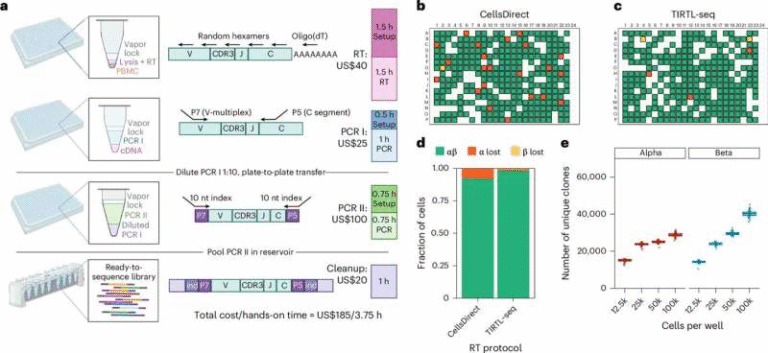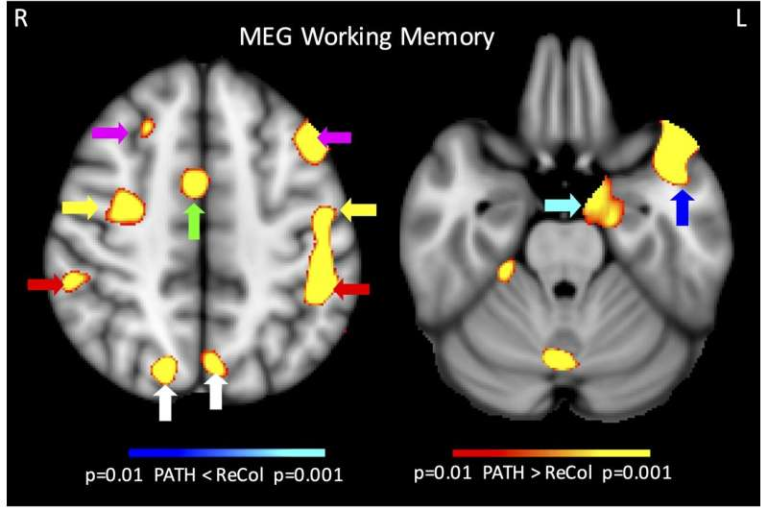Low-Dose Aspirin Shows Big Promise in Preventing Colorectal Cancer Recurrence

Colorectal cancer remains one of the most common and dangerous cancers worldwide, with nearly two million people diagnosed each year. Even after successful surgery, 20 to 40 percent of patients go on to develop metastases, making treatment more difficult and survival rates lower. Now, a new large-scale clinical trial conducted in Scandinavia suggests that a very common and inexpensive drug—aspirin—could dramatically reduce the chances of this cancer coming back in a specific group of patients.
This discovery could potentially reshape treatment guidelines, offering a cheap and globally available option to fight one of the deadliest cancers. Let’s dive into the details of the trial, the results, and why this matters.
What the ALASCCA Trial Was About
The trial, known as ALASCCA (Adjuvant Low-Dose Aspirin in Colorectal Cancer), was designed to test whether a low daily dose of aspirin could help prevent colorectal cancer from returning after surgery.
This wasn’t a small study—it involved over 3,500 patients who were treated at 33 hospitals across Sweden, Norway, Denmark, and Finland. After surgery, patients were screened for certain genetic alterations in the PI3K pathway, a set of genes that regulate critical processes like cell growth and division. When mutations occur here, they can drive uncontrolled tumor growth.
About 37 percent (1,103 patients) of those screened had such alterations and became eligible to join the trial.
The trial design was rigorous:
- Patients were randomly assigned to take either 160 mg of aspirin daily or a placebo for three years.
- It was double-blind, meaning neither doctors nor patients knew who got aspirin or placebo.
- The primary endpoint was time until cancer recurrence.
- Secondary measures included disease-free survival and safety outcomes.
Who Was Eligible? The Role of PI3K Pathway Mutations
The researchers focused on patients whose tumors carried specific PI3K pathway mutations, since earlier observational studies hinted that aspirin might benefit this subgroup.
They split eligible patients into two groups:
- Group A: Patients with PIK3CA hotspot mutations in exon 9 or exon 20. These are well-documented mutations strongly linked to tumor growth.
- Group B: Patients with other impactful variants in PIK3CA, PIK3R1, or PTEN genes.
This genetic approach is important. It shows that aspirin is being tested not just as a generic cancer drug but as a form of precision medicine, targeted toward patients whose tumor biology suggests they might respond.
The Results: Risk of Recurrence Cut in Half
The results were striking.
For Group A (PIK3CA hotspot mutations):
- Aspirin group: Only 7.7 percent had a recurrence within 3 years.
- Placebo group: 14.1 percent had a recurrence.
- This translates to about a 55 percent reduction in risk (Hazard Ratio: 0.49).
For Group B (other PI3K pathway alterations):
- Aspirin group: 7.7 percent recurrence.
- Placebo group: 16.8 percent recurrence.
- Here the reduction was even stronger, with a Hazard Ratio of 0.42.
In both groups, aspirin essentially halved the risk of recurrence compared to placebo.
Disease-Free Survival Outcomes
When looking at disease-free survival (DFS), meaning the percentage of patients alive without recurrence after three years, the results were mixed but encouraging.
- Group A: DFS was 88.5 percent in the aspirin group compared to 81.4 percent in the placebo group. The improvement was meaningful but did not reach statistical significance.
- Group B: DFS was 89.1 percent with aspirin versus 78.7 percent with placebo, and here the difference was statistically significant.
This suggests that aspirin is especially beneficial for certain PI3K-altered tumors, but the overall trend supports its role in improving long-term outcomes.
Side Effects and Safety Concerns
Like any drug, aspirin is not free of risks. The study carefully monitored adverse events:
- Severe adverse events occurred in 16.8 percent of patients on aspirin compared to 11.6 percent in the placebo group.
- The most common severe issues were gastrointestinal problems (6.5 percent aspirin vs 3.9 percent placebo) and cardiovascular problems (5.8 percent aspirin vs 4.2 percent placebo).
- Non-severe side effects were also more frequent in the aspirin group (43.4 percent vs 35.4 percent).
- Some patients experienced complications such as late postoperative bleeding, infections, deep vein thrombosis, and embolism.
While the increased risks are not insignificant, researchers emphasize that aspirin’s safety profile is already very well understood, and its risks are manageable compared to many modern cancer drugs.
Why Aspirin Works Against Cancer
Researchers believe aspirin works through several mechanisms at once:
- Reducing inflammation, which is known to promote tumor growth.
- Inhibiting platelets, which play a role in cancer spread.
- Direct effects on tumor cell signaling, especially within the PI3K pathway.
This multi-pronged effect creates a less favorable environment for cancer cells to grow and spread.
Why This Finding Is Important
This trial is the first large randomized study to show that aspirin can reduce colorectal cancer recurrence in genetically defined patients. That’s a big deal.
Here’s why:
- Aspirin is extremely inexpensive compared to modern cancer drugs, which can cost thousands of dollars per month.
- It is globally available, even in low-resource settings.
- Around one-third of colorectal cancer patients carry PI3K pathway alterations, so a large fraction of patients could benefit.
If confirmed by further research, this could become a standard part of colorectal cancer treatment guidelines worldwide.
Colorectal Cancer: A Quick Background
Colorectal cancer refers to cancers of the colon and rectum, and is one of the most commonly diagnosed cancers.
Risk Factors
- Age: Most cases occur in people over 50.
- Diet: High intake of red and processed meats increases risk.
- Lifestyle: Low physical activity, obesity, smoking, and heavy alcohol use are linked to higher risk.
- Family history and genetics: Some patients inherit mutations that greatly increase risk (like Lynch syndrome).
Symptoms to Watch For
- Changes in bowel habits (diarrhea, constipation, or narrowing of stool).
- Blood in stool.
- Persistent abdominal pain.
- Unexplained weight loss.
Current Treatments
- Surgery is the main treatment for localized colorectal cancer.
- Chemotherapy and radiation may follow, depending on stage and location.
- Targeted therapies and immunotherapies are available for advanced cases, but they are expensive and not always effective.
This is where aspirin’s potential role becomes interesting: it could offer an additional cheap and accessible safeguard against recurrence, particularly for genetically predisposed patients.
Aspirin in Cancer Research More Broadly
This isn’t the first time aspirin has been linked to cancer prevention.
- Previous observational studies suggested that regular aspirin use may lower the risk of certain cancers, especially colorectal cancer.
- However, results had been inconsistent, and there had never been a randomized clinical trial confirming the benefit in a clearly defined patient group—until now.
- Some ongoing studies are exploring aspirin’s role in other cancers such as breast cancer, prostate cancer, and esophageal cancer, but the evidence is not yet as strong.
Caveats and Remaining Questions
While the results are very promising, there are still uncertainties:
- The current trial followed patients for three years. Longer-term results (five or ten years) are still needed.
- The benefit in Group A (PIK3CA hotspot mutations) was clear for recurrence but not statistically significant for overall disease-free survival.
- Patients without PI3K pathway mutations were not included, so it’s still unclear whether aspirin helps them.
- The study population was almost entirely Scandinavian, so researchers want to see confirmation in more diverse populations around the world.
- The bleeding risks associated with aspirin must be carefully considered, especially in patients with other risk factors.
Final Thoughts
This trial adds solid scientific weight to the idea that a simple, cheap pill could significantly reduce the chances of colorectal cancer coming back—but only in the right patients. The genetic targeting of treatment is what makes this trial stand out.
If additional studies confirm the findings, aspirin could become a routine part of treatment for patients with PI3K pathway mutations after colorectal cancer surgery. It’s a great example of how precision medicine doesn’t always have to mean expensive new drugs—it can also mean using old drugs in smarter ways.
Reference: Low-Dose Aspirin for PI3K-Altered Localized Colorectal Cancer – New England Journal of Medicine





